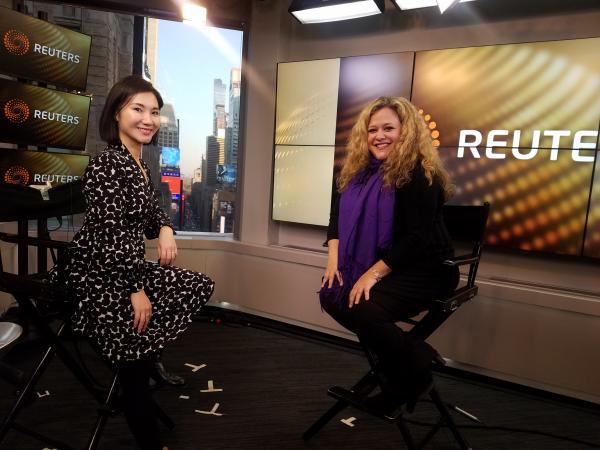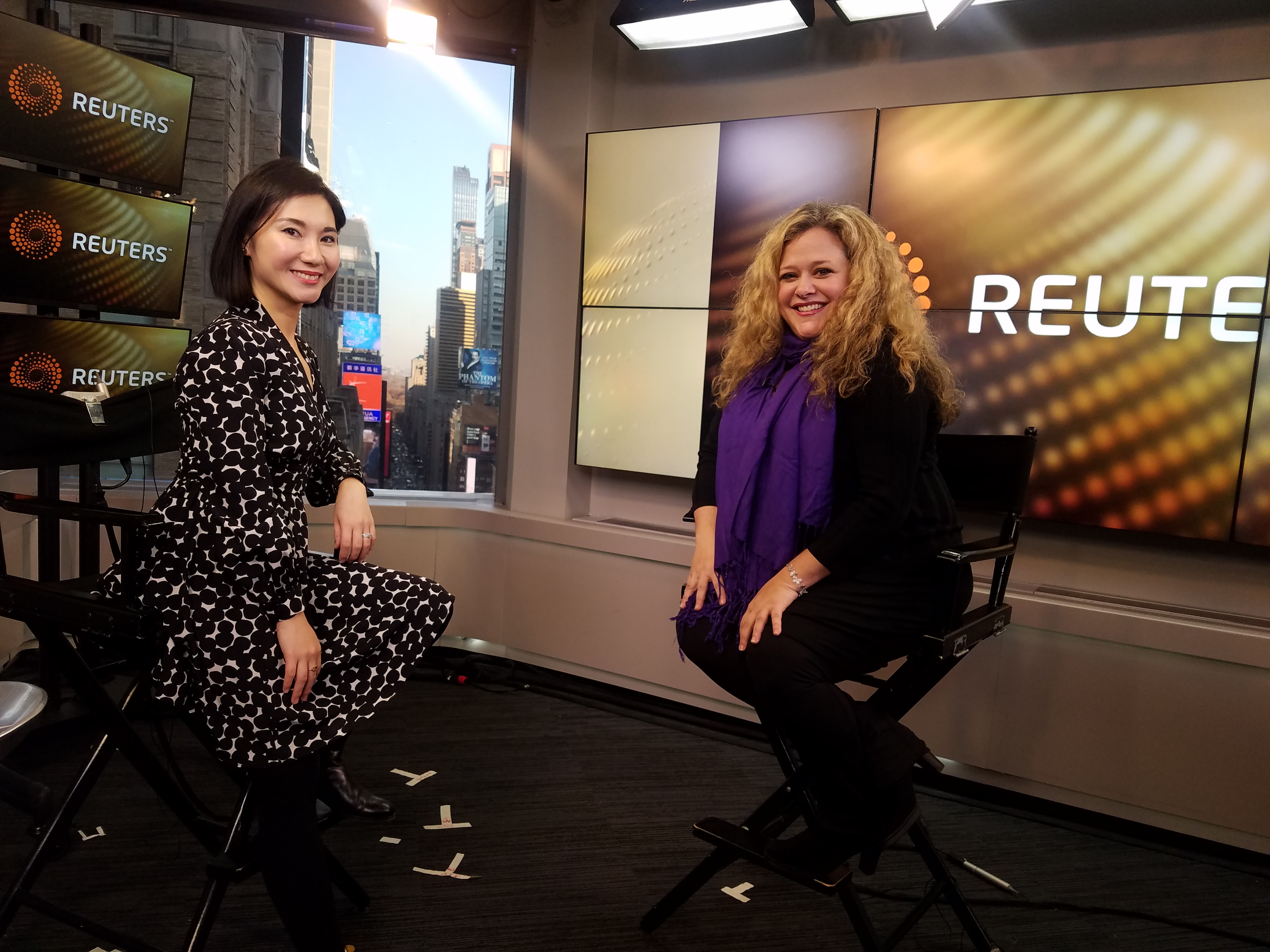
1. In Wall Street Journal, Dr. Alex Berezow talked about how reliant we are on GPS. Technology is a great thing, of course, and I bet we would adjust pretty rapidly without it, but there would be a lot of tourists in Washington, DC looking for the White House and ending up at the other 1600 Pennsylvania Avenue that is four miles away. That's how goofy the nation's capitol is laid out. And how reliant we are on a military satellite system when the world is getting no more stable - meaning we might want to fund a land-based alternative.
The other 1600 Pennsylvania Avenue, where Presidents never live.
2. In Technology Networks, they discussed our work on how the latest rich hippie craze, raw cat food, is leading to owners getting exposed to enterobacteria. Read their article here.
3. Brinkwire discussed our criticism of sketchy stem cell clinics. Obviously this is going to be terrific, and we surely don't want government putting restrictor plates on the engine of technology, but the public will be hard-pressed to know which outfits are legitimate and which are the stem cell equivalent of chiropractors. That's why you have us. Read their article here.
4. Salon reprinted the article by political scientist Liza Gross which claims that if you are against banning everything without any evidence you must be part of a Vast Conservative Conspiracy For Science.
Remember when Salon was a real publication and not an aggregator of other partisan articles? No, neither do I. But the problem is that her - and now their - article is only going to resonate with people who think you can't be pro-science, or a consumer advocate, or an environmentalist, unless you want to ban everything first and find a reason later.
5. Meanwhile, the partisan website Undark published an op-ed by organic industry trade rep Carey Gillam, who was fired from Reuters under a cloud of suspicion that she was secretly working for organic companies while pretending to do journalism. Like Gross, Gillam gets paid to promote the belief that Science Is A Vast Conservative Conspiracy. This political sympathizing is obviously in line with the foundation that funds Undark, and it shows in their management, who all have pedigrees that virtue signal to the properly biased demographic.
They have a point in one way. At least on pressing issues that are killing people right now - food, energy and medicine - conservatives do skew more pro-science than their opponents, But a conspiracy? Companies are apologizing for even being in business these days. They are not defending their work, they are chasing the approval of critics on social media, so they are certainly not funding any concerted efforts to represent the science side.
When ConAgra got rid of BPA in cans, anti-science groups cheered their victory. But chemophobes and those with a naturalistic fallacy fetish did not suddenly start buying Manwich. ConAgra ended up laying off 1,500 people due to higher costs. When General Mills touted that Cheerios was suddenly 'GMO-free', sales went down. Like with Manwich, paid activists simply bragged about a political victory, they did not suddenly buy that processed cereal in support. But a lot of us went the other way.The pro-science community was disgusted by obvious marketing-driven capitulation and consciously boycotted them.
Undark Publisher Deborah Blum dismissed criticism as "just an op-ed" and she has a Pulitzer Prize, so she must know what she is talking about when it comes to journalistic standards. So I will be waiting for the response to Gillam written by a Monsanto trade rep. You know, in the interest of balance. I am sure I will remain waiting until they close their doors.
The original Undark was touted as a replacement for the light bulb, 1920s progressives gushed about it as the future of illumination until it turned out to be just radium in the paint and therefore potentially toxic to humans. The modern version of Undark is only toxic to evidence-based thinking.
6. In the more pro-science community, Reuters had Dr. Jamie Wells on their television program to discuss the big medical innovations of 2017.

7. The Parsons Sun, of Kansas, discussed our work on all the rats that have been given cancer so scaremongers can raise money petrifying Americans about something or other. In this case, our entire food supply, including every food you will eat this holiday season. You can read it here.



